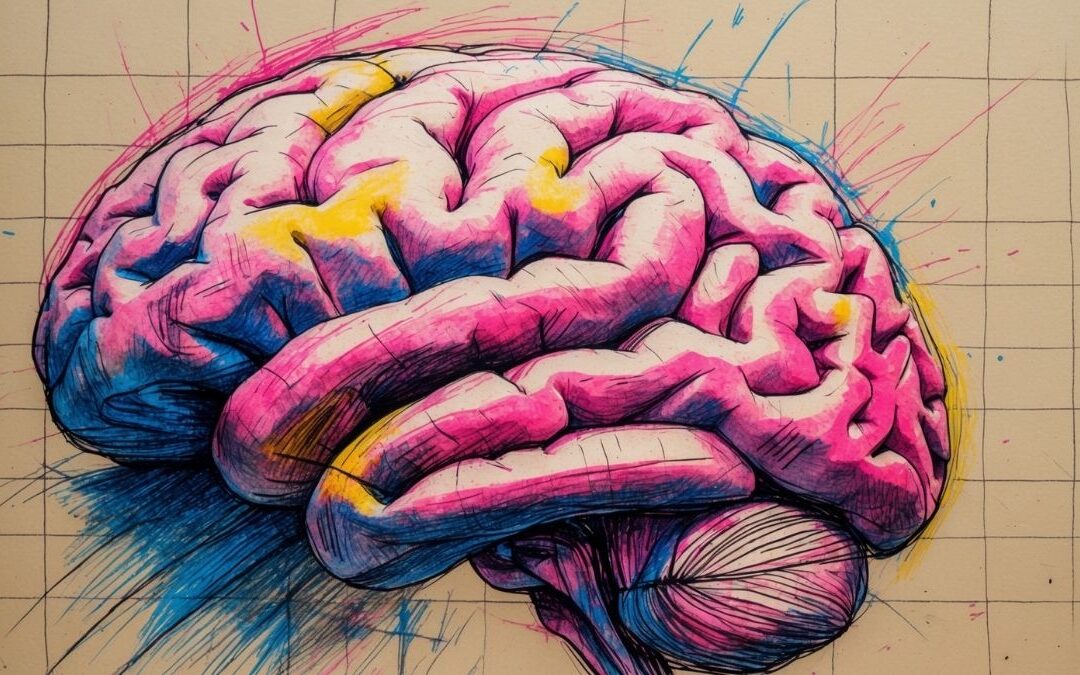Article Audio
Unraveling String Theory: When Physics Gets Musical
Have you heard of string theory? It’s one of those ideas in science that sounds both fascinating and totally baffling. Tiny strings vibrating in multiple dimensions? It’s a concept straight out of science fiction! But what if I told you it could be the key to unlocking the universe’s deepest secrets?
Imagine our universe is like a grand symphony. Planets, stars, atoms… they’re all different instruments playing notes. String theory tries to find the fundamental score that explains everything – the ‘theory of everything’ that unites the laws of the cosmos.
The Problem: When Physics Goes Out of Tune
There’s a hitch in our understanding of the universe. You see, we have two amazing rulebooks: Einstein’s theory of relativity, explaining gravity and the big stuff, and quantum mechanics, dealing with the tiny world of atoms. The problem? They clash! It’s like the orchestra’s violins are playing one tune and the drums a completely different one.
String Theory: Seeking Harmony
String theory offers a solution. Instead of point-like particles, it says the most basic building blocks of the universe are super tiny “strings” of energy. Think of them like violin strings. Different vibrations of these strings create different particles – electrons, quarks, you name it!
These strings exist in more dimensions than our usual three. This sounds bizarre, but picture rolling up a garden hose – it goes from long and one-dimensional to a compact, three-dimensional object. String theory suggests extra dimensions curled up so tiny we don’t notice them.
Why Should You Care?
- Ultimate Unification: String theory could bridge the gap between the very large and the very small, providing a single framework for all forces in the universe.
- Answers to Big Questions: It might explain mysteries like what happens inside black holes or how the universe began.
- Everyday Impact: While the applications aren’t immediate, discoveries in fundamental physics have historically led to incredible technologies we now take for granted.
Getting Started with String Theory
Ready to explore further? Here’s what to do:
- Watch Popular Science Documentaries: Many excellent documentaries explain string theory in visual ways. Search for shows by Brian Greene, Michio Kaku, or Neil deGrasse Tyson.
- Read Beginner-Friendly Books: Take a look at books like “The Elegant Universe” by Brian Greene.
- Don’t be afraid of the Weird: String theory takes you into strange territory. Enjoy the intellectual adventure!
Remember, understanding the universe isn’t easy, but it’s incredibly rewarding. By exploring ideas like string theory, you gain a deeper appreciation for the amazing complexity and beauty that surrounds us!
Why Should You Care?
- The Thrill of Big Ideas: String theory ventures to answer the most fundamental questions about reality. Engaging with it expands your perspective on the universe.
- Potential for Unification: Success in string theory could bring a groundbreaking understanding of all forces of nature, revolutionizing physics.
- Future Technological Impact: While direct applications might be far off, historically, groundbreaking physics has led to unforeseen, life-changing technologies.
Key Takeaways
- String theory seeks to be a ‘theory of everything,’ resolving contradictions between our current understanding of the large-scale universe (gravity) and the subatomic world (quantum mechanics).
- It proposes the basic building blocks of the universe are tiny, vibrating ‘strings’ of energy, not point-like particles.
- These strings vibrate in higher dimensions than the three we experience, potentially explaining phenomena we can’t currently reconcile.
Keywords
- String Theory: A theoretical framework in physics, attempting to unify all fundamental forces and particles in the universe into a single, mathematically consistent model.
- Quantum Mechanics: The branch of physics governing the behavior of particles at an atomic and subatomic level.
- Theory of Relativity: Einstein’s theory describing gravity as the curvature of spacetime, and its relationship to matter and energy.
- Dimension: In physics, an independent direction of measurement in space. We commonly perceive three dimensions (length, width, height). String theory suggests additional, tightly curled dimensions.
- Fundamental Forces: The four basic interactions in nature: gravity, electromagnetism, the weak nuclear force, and the strong nuclear force.
- Particle: A minute, localized object with properties like mass and charge.
- Vibration: A rapid, back-and-forth motion or oscillation.
- Black Hole: A region in spacetime where gravity is so extreme that nothing, not even light, can escape.
- Unification: The process of finding a single, encompassing theory that explains two or more previously separate concepts.
- Elegant Universe: A popular science book by Brian Greene explaining string theory for a general audience.
Frequently Asked Questions
- Is string theory proven? No. It remains a theoretical framework with no direct experimental evidence to confirm its predictions.
- What are some criticisms of string theory? Some argue it’s untestable, making it more philosophy than science. Others find the complexity of higher dimensions unsatisfactory.
- If successful, how might string theory affect our lives? It’s impossible to say for sure, but a unified understanding of the universe could have profound implications for new technologies and materials.
Myth Buster
- Myth: String theory is the only contender for a ‘theory of everything.’
- Reality: Other approaches, like loop quantum gravity, also strive to unify our understanding of the universe, each with their own strengths and challenges.
Let’s Talk!
- Do you find string theory mind-boggling or exciting? Maybe both? Explain.
- Do you believe we’ll ever have a proven ‘theory of everything’? Why or why not?
- How does learning about big scientific ideas change your view on everyday life?
Let’s get a conversation going in the comments!











0 Comments